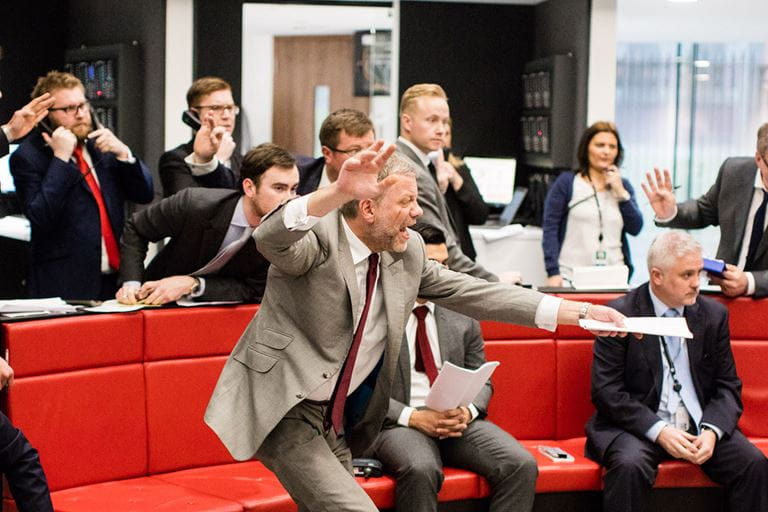Hedge funds say they lost $95 million in LME nickel crisis

A group of hedge funds led by AQR Capital Management LLC said that they lost a combined $95 million during a turbulent few days when the London Metal Exchange controversially canceled billions of dollars in nickel trades and suspended the market.
The group of funds on Friday applied to force LME to hand over information relating to two key phone calls on March 8, the day that the trades were canceled. AQR Chief Investment Officer Clifford Asness has been among the most vocal critics of the LME’s actions during the crisis, describing the events as “one of the worst things I’ve ever seen.”
The LME is already facing regulatory investigations and separate lawsuits from Jane Street and Paul Singer’s Elliott Investment Management over its handling of the March nickel crisis, when futures spiked 250% in a little over 24 hours in a massive squeeze centered around a large short position held by tycoon Xiang Guangda.
The LME responded by suspending the market for a week, and — most controversially — canceled about $3.9 billion of trades made at the highest prices.
“Those decisions were unprecedented and out of the norm,” Paul McGrath, a lawyer for the funds, said at the hearing. The “effects of those were to benefit certain participants, like short sellers.”
In court filings, lawyers for the applicants said the LME had “point blank refused” to provide documentation to back up its claim that its actions were necessary to protect the market. The applicants, which also include DRW Commodities LLC, Flow Traders BV, Capstone Investment Advisors LLC, and Winton Capital Management Ltd., have suffered loss “in the combined approximate total of $95 million.”
Joint letter
Due to the LME’s legal status as a public body, Elliott and Jane Street are pursuing their claims by way of a judicial review. AQR and the other funds filed their initial request at London’s Commercial Court for documents from the LME in September.
In court filings opposing the funds’ claim, lawyers for the LME revealed that AQR and Elliott wrote to the exchange jointly in the wake of the squeeze, and in April the bourse responded to both with a “detailed account of the reasons for its decisions.”
While Elliott then issue legal proceedings against the LME, “AQR ceased corresponding with the respondents and sat on its hands”, the LME said.
Lawyers for the LME also responded to the funds’ apparent claim that it canceled the trades to protect Tsingshan, and other holders of short positions. The bourse was not acting to protect any specific market participant, and its “concern was with systemic risk and the potentially catastrophic effects of multiple, simultaneous disorderly defaults.”
(By Katharine Gemmell and Mark Burton)
{{ commodity.name }}
{{ post.title }}
{{ post.date }}




Comments